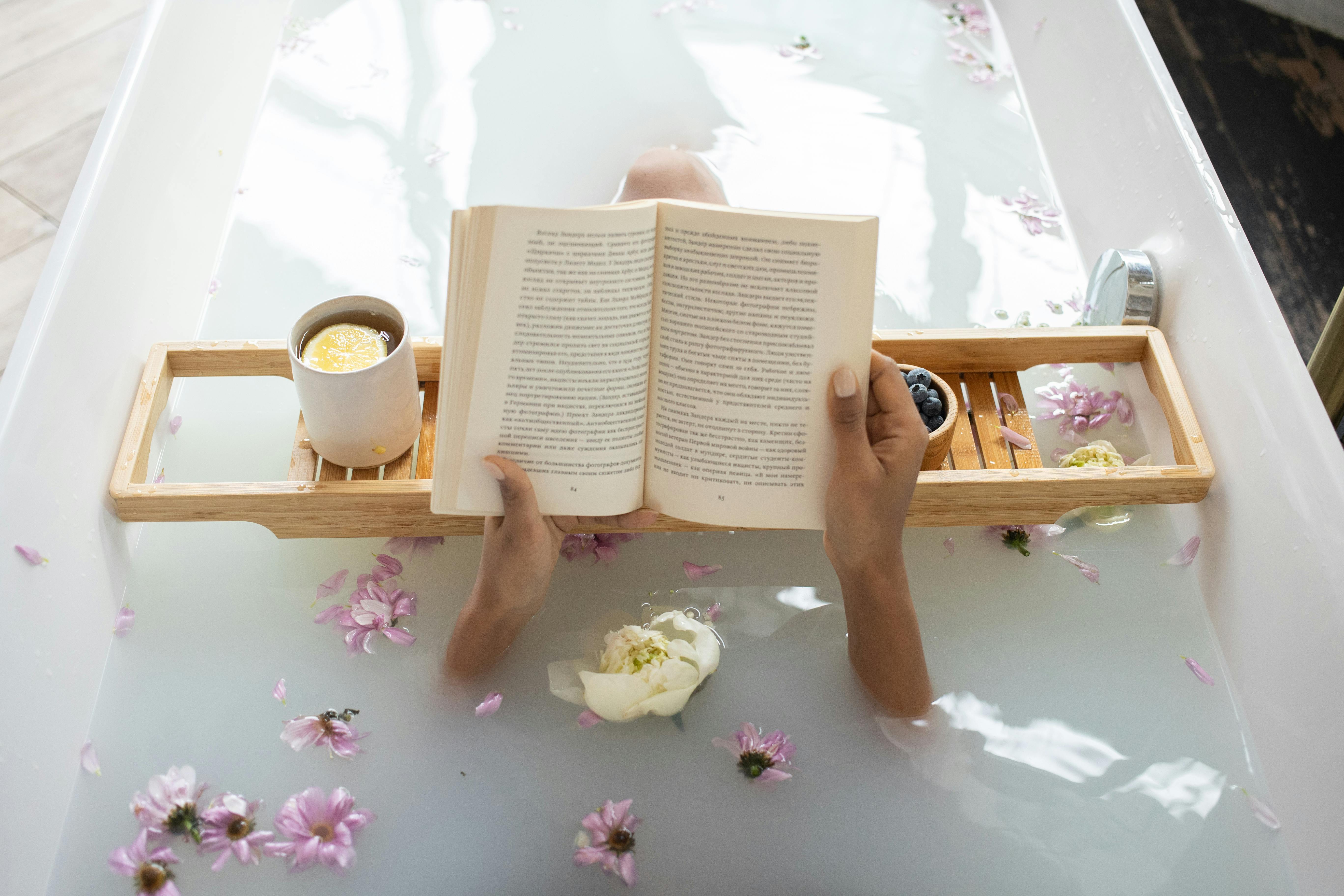When it comes to preparing the perfect cup of coffee, many people overlook the importance of using quality water. In fact, the type of water you use to make your coffee can significantly affect its flavor. One of the most popular options for making coffee is distilled water. In this article, we will discuss whether or not you should use distilled water for coffee and explore some of its advantages and disadvantages.Distilled water is water that has been purified through a process of distillation. During this process, water is boiled and then the resulting steam is condensed back into liquid form. This removes any minerals, salts, and other contaminants that may be present in the original water source. Distilled water is often used in medical and laboratory settings as it is free from any contaminants or pollutants.
Does Distilled Water Affect The Taste Of Coffee?
The answer to this question will depend on the type of coffee you are using. Generally speaking, distilled water does affect the taste of coffee because it has no minerals or other compounds that can affect the flavor of the coffee. Distilled water is essentially “pure” H2O, meaning there are no other compounds present that could influence the flavor of your beverage.
The lack of minerals in distilled water can make it difficult for some types of coffee to release their flavors properly. For example, if you’re using an espresso blend with a higher concentration of natural oils, these oils may not be extracted as efficiently when brewed with distilled water. This could result in a cup that tastes weaker than what you’d typically expect from a good espresso blend.
In contrast, some types of coffee can actually benefit from using distilled water. If you’re brewing light-roast coffees like a Colombian Supremo or Ethiopian Yirgacheffe, using distilled water can help to bring out their delicate flavors and aromas more effectively. This is because the lower mineral content ensures that the subtle
Benefits of Using Distilled Water for Coffee
Using distilled water for coffee has numerous benefits. It produces a cup of coffee that is free of chemicals, minerals, and other impurities that can be present in regular tap water. Distilled water also has a neutral pH level which helps to bring out the full flavor of the coffee beans. Additionally, using distilled water with a good quality filter can extend the life of your espresso machine or other brewing equipment.
The main benefit of using distilled water for coffee is that it provides a purer taste due to the lack of impurities and minerals found in regular tap water. These minerals can cause an unpleasant taste in your cup of coffee and can even leave an aftertaste. Distilled water also helps to reduce buildup in your espresso machine or other brewing equipment as there are no mineral deposits left behind when using it. This helps to maintain the quality and flavor of your coffee, as well as extending the life of your equipment.
Another benefit of using distilled water for coffee is that it is often less expensive than buying filtered or bottled water. This makes it a cost-effective option for those who make their
Drawbacks of Using Distilled Water for Coffee
Using distilled water for coffee can be an effective way to improve the taste and quality of your coffee, however, there are some drawbacks associated with using distilled water. The biggest drawback is that distilled water does not contain any minerals that are essential for a good cup of coffee. Since the minerals have been removed from the water during the distillation process, the resulting coffee brew can lack flavor and body. Additionally, without minerals in the water, it can take longer for the grounds to fully extract in order to make a full-bodied cup of coffee.
Another potential issue with using distilled water is that it has a low pH level which can cause your coffee to taste flat or acidic. The low pH level also makes it easier for more bitter compounds to extract from the beans which can lead to an overly bitter cup of coffee. Finally, using distilled water means you will have to adjust your brewing methods in order to achieve optimal results. For example, if you are using an espresso machine, you may need to use a coarser grind size or increase the amount of time that the hot water is exposed to the grounds in order to
Should You Use Bottled Or Tap Water For Coffee?
Making coffee requires more than just adding ground coffee to hot water. The quality of the water used can have a dramatic impact on the taste and flavor of the coffee. Many people are unsure whether to use bottled or tap water when making coffee and it can be a difficult decision.
Tap water is generally recommended for making coffee as it is usually safe to drink and contains minerals that can enhance the flavor of the coffee. Tap water also contains chlorine which helps reduce any bacteria that may be present in the water. However, some tap waters contain too much chlorine which can affect the flavor of the coffee, so it is important to check with your local municipality for advice on whether it is suitable for making coffee.
Bottled water is another option for making coffee but there are a few things to consider before opting for this option. First, bottled water can be quite expensive so it may not be a cost-effective choice for daily use. Additionally, bottled water may contain minerals that alter the taste of your coffee, so it is important to research different brands before choosing one. It is also important to consider environmental factors when choosing

How Does Filtered Water Affect The Taste Of Coffee?
The quality of the water used when making coffee can greatly affect the taste. Coffee is 98% water, so even small changes in the composition of the water can make a big difference in the flavor. Using filtered water for coffee will remove impurities and minerals that may be present in regular tap water, resulting in a much smoother and richer cup of coffee.
The chemicals and minerals found in tap water can affect the pH balance of coffee, which can affect its flavor. For example, if the tap water has a high alkaline content, it can lead to a bitter taste. Additionally, chlorine is commonly added to tap water to kill bacteria and other microorganisms. Chlorine also has an effect on the taste of coffee and may give it a metallic or sour taste.
Filtering tap water removes these impurities, leaving you with a clean tasting cup of coffee. A good quality filter like a reverse osmosis system will remove any heavy metals or contaminants that could potentially affect the flavor of your brew. It also helps to improve the clarity and color of your coffee by removing sediment and other particles from the
Can You Reuse Distilled Water For Making Coffee?
Distilled water is a good option for making coffee due to its purity. It can help to reduce mineral deposits in your coffee and give you a more consistent taste. However, some people wonder if they can reuse distilled water for making coffee. The answer is yes, you can reuse distilled water for making coffee as long as it has been stored in a clean, sealed container and not exposed to contaminants.
When using distilled water for coffee, it’s important to make sure that the container is properly sealed. Any exposure to air or other contaminants can cause bacteria or other impurities to get into the water, which can affect the taste and quality of your coffee. If you’re reusing distilled water, make sure that it is stored in an airtight container and kept away from any potential contaminants.
It’s also important to consider how long you’ve had the distilled water stored before using it for making coffee. If it has been sitting around for too long, the quality of the water could be compromised. Generally speaking, distilled water should be used within a month or so after being
What Are Other Alternatives To Using Distilled Water For Coffee?
One of the best alternatives to using distilled water for coffee is filtered water. Filtered water goes through a process which removes impurities, such as chlorine, lead, and other contaminants that give the water an unpleasant taste and odor. This makes filtered water much more desirable for use in coffee making. Additionally, filtered water can also be used to make tea and other beverages.
Another alternative is spring water. Spring water comes from underground sources such as aquifers and is naturally filtered by the earth itself. It contains minerals that can help enhance the flavor of coffee, giving it a smooth taste without any bitterness or aftertaste.
Reverse osmosis (RO) water is also an option when it comes to making coffee. RO filters remove even more impurities than regular filters, so you can be sure that you are getting clean and pure drinking water from the tap. The downside to RO water is that it can be quite expensive compared to other options on this list.
Finally, bottled mineral waters can also be used as an alternative to distilled or filtered waters when making coffee.

Conclusion
In conclusion, distilled water can be used to make coffee, but it is not the best option. Distilled water has a flat taste and will not bring out the flavor of the coffee beans as well as other types of water. In addition, some minerals that are beneficial to human health are removed during the distillation process, which can cause some health issues if consumed in large quantities. Instead of using distilled water, it is better to use filtered or bottled water that has a balanced pH value and contains necessary minerals for a more flavorful cup of coffee.
Ultimately, the choice of whether to use distilled water for coffee is up to you. If you choose to use it, be sure to limit your consumption and drink plenty of other types of beverages throughout the day.

